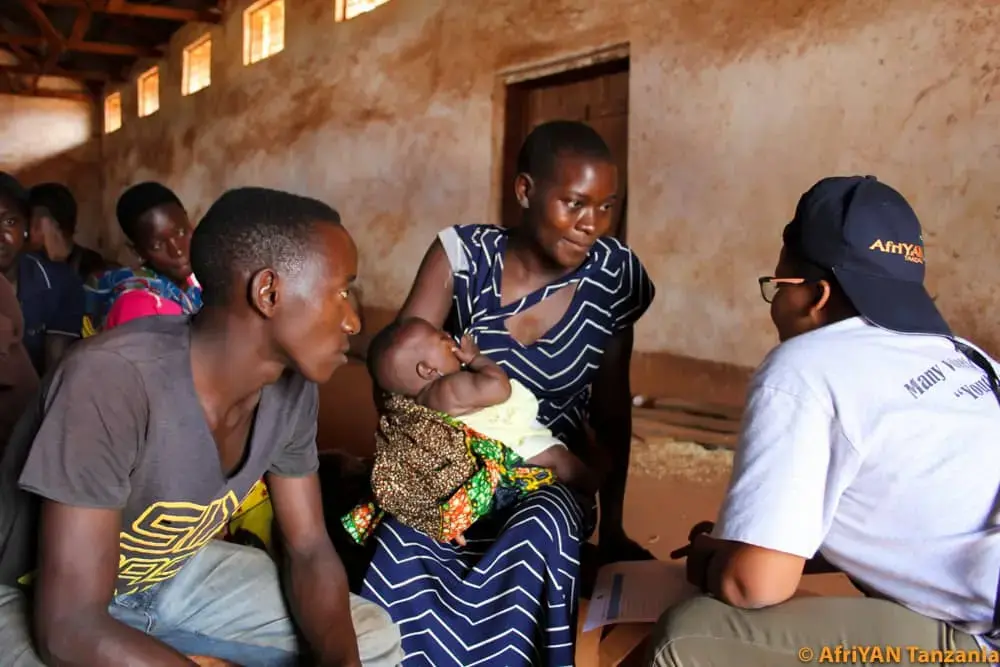Millions of people are vulnerable to HIV infection, and AIDS remains the leading cause of death among women of reproductive age and young adolescents. Stigma and discrimination continue to impede the realization of people’s rights, including access to essential information and services to prevent and treat HIV.
Ending the AIDS epidemic requires long-term investments. Sexual and reproductive health and rights, indeed all human rights, are essential for realizing this vision. And given their higher risk of HIV infection, youth and key populations require focused support.
UNFPA’s approach to HIV is based around three strategies: promoting human rights and reducing inequalities, integrating HIV responses into sexual and reproductive health care, and preventing the sexual transmission of HIV.
As a cosponsor of UNAIDS, UNFPA is committed to the vision of zero new HIV infections, zero discrimination and zero AIDS-related deaths in Tanzania. Addressing HIV is also integral to our mission of achieving universal access to sexual and reproductive health and realizing human rights and gender equality. We work alongside government to strengthen the availability and use of strategic data for targeted programming.
Because the majority of HIV infections are sexually transmitted, reducing this mode of transmission is crucial. Our efforts are focused on promoting access and utilization of integrated sexual and reproductive health and HIV services, prioritizing adolescents and young people and key populations.
Working with partners, we develop and implement age-appropriate and culturally sensitive comprehensive sexuality education for young people both in and out-of-school. We also support the empowerment of this population to claim their human rights, access the services they need, and lead healthy and fulfilling lives.
Through UNFPA Supplies we increase access to male and female condoms, which remain the only effective barrier prevention method providing triple protection against HIV, other sexually transmitted infections and unintended pregnancy.
And by fighting to eliminate gender-based violence and discrimination, UNFPA helps to reduce the vulnerability of women and girls to HIV. The specific needs of women and girls are also factored into UNFPA's humanitarian assistance.


